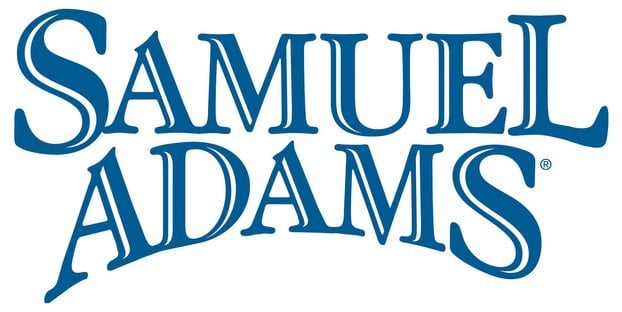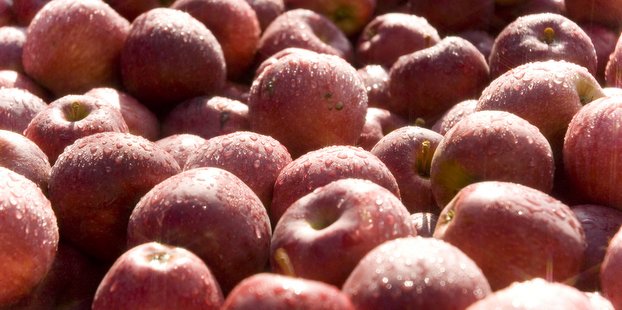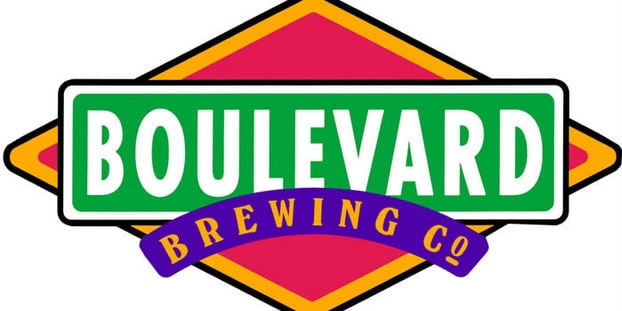
As you know, Anheuser-Busch InBev and MillerCoors are working to use the increased interest in craft beer for their own gains by pushing their “craft” brands such as Blue Moon, Shocktop and Third Shift. Conventional wisdom in the craft world is it’s a disingenuous, wool-pull-over-the-eyes of the average consumer marketing move and a way for the big guys to squeeze independent and local craft brands from the shelf. National Public Radio (NPR) jumped into this debate with its own craft beer industry feature this week, and we wanted to note one of the arguments to the contrary.
The story (which we encourage you to read or listen to here) hit on some of the main themes making the rounds about the industry right now: increases in sales, cutting into the market share of Big Beer, and then Big Beer’s ensuing focus on their own “craft” brands.
As the NPR story noted, it’s possible there is an unintended benefit for the craft beer industry with the big, powerful brands pushing their own off-brand products more than their heavy weights. NPR quoted Benj Steinman, an editor with Beer Marketer’s Insights, who thinks these crafty beers are actually a boost for the industry.
“What Anheuser-Busch and Coors have done through Shock Top and Blue Moon is opened up a greater number of consumers to the universe of craft beers and their innovation, flavor and variety,” says Steinman, a 30-year veteran of the beer business. “They’re sort of gateway beers.”
In other words, they are more accessible craft beers that might get you started wanting to taste other, more complex beers with notes of dark cherry or sassafras molasses.
I can tell you from experience, in my young pup beer drinking days, that Steinman has a point. I remember mixing it up for the first time with a Blue Moon — a new weird beer I had never heard of and enjoyed. It was a nice departure from the High Lifes and Natty Lights of my college dorm. That led to trying another beer I hadn’t heard of, and then another. The “crafty” beers can act as that gateway beer for some.
Obviously, on the contrary, if that Blue Moon wasn’t there, being pushed by the marketing muscle of a huge company, that tap might have been a CBB local favorite like Thirsty Dog Whippet Wheat instead. Maybe I could have cut out the non-craft middle man altogether.
Here’s a little more from the discussion from the NPR story:
Julia Herz, the craft beer program director for the Brewers Association, says big beer should print its names on the bottles.
“What we’ve called for is a transparency of parent company ownership, and to put that on the beer label so the beer lover has a chance to know who’s behind those brands,” she says.
Herz says branding matters to many beer drinkers, especially those who care about the brands they consume and who owns those companies.
“A lot of millennials are associating themselves with what they consume and what they hold in their hand,” she says.
So, what do you think? Is there any credence to Steinman’s argument that the push of “crafty”beer brands does in fact help the craft movement? Is that absurd? Will label identification help? Feel free to sound off in the comments below.





RT @CraftBrewingBiz: Craft v crafty beer debate hits NPR: What do you think? Feel free to comment below the story. http://t.co/F2uLrvOGWZ